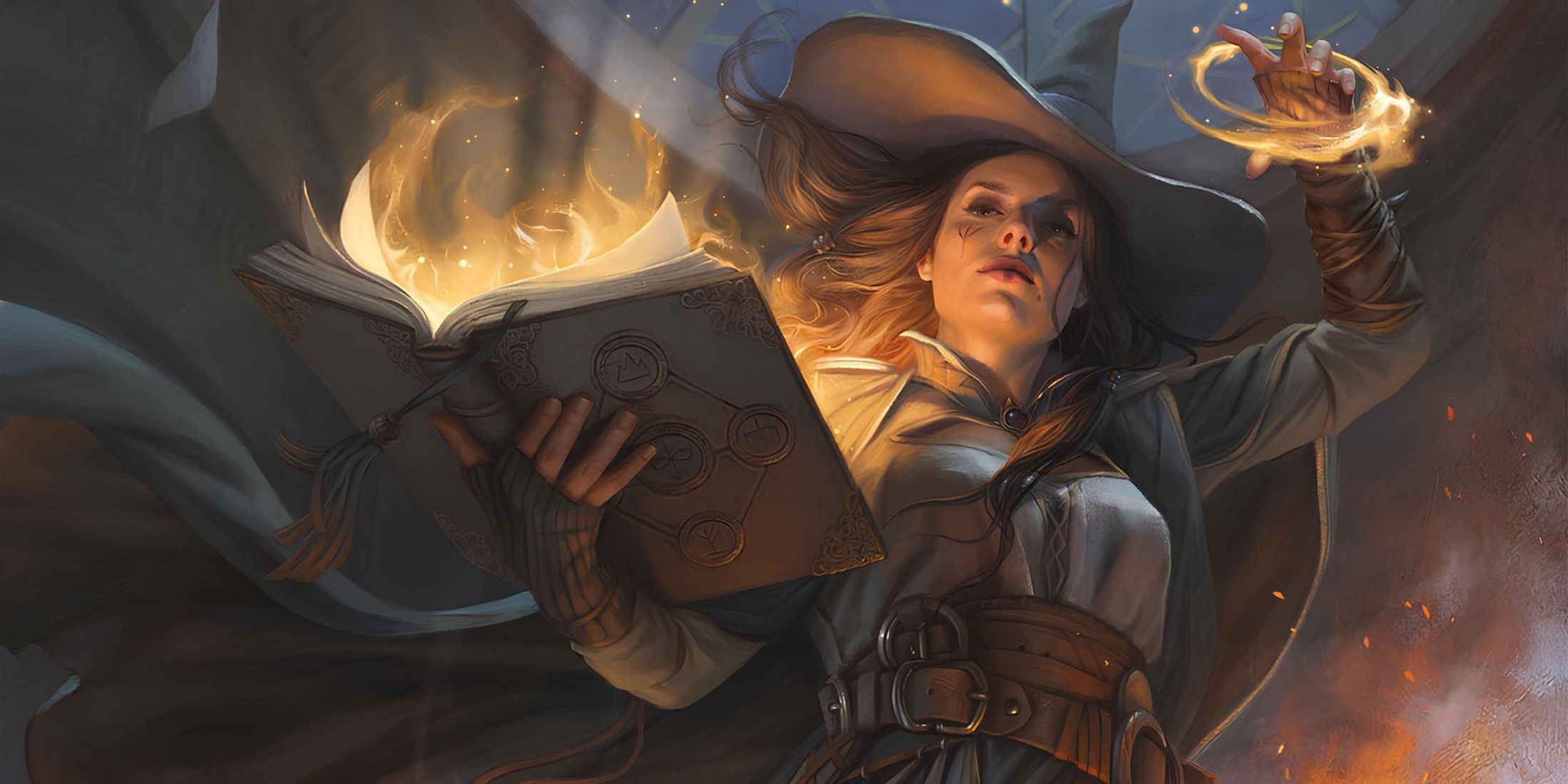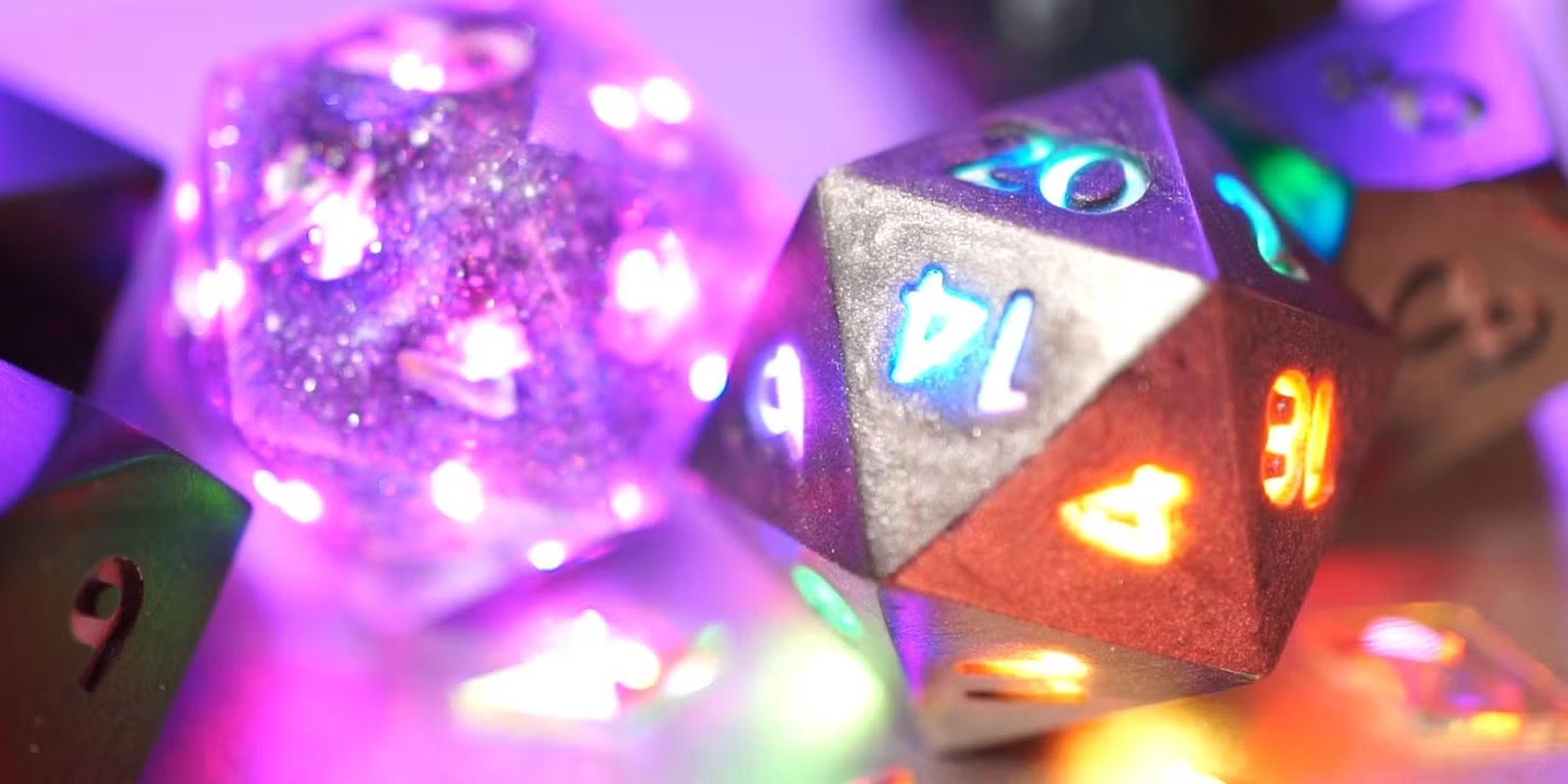A clever fan has used scientific know-how and a few unusual tools to create a die that gives "truly random" results. The customized die furthers the longtime tradition of dedicated Dungeons and Dragons hobbyists creating their own hand-crafted tools and play pieces to use in sessions.
Arguably one of the most popular and recognized fantasy fiction brands of all time, Dungeons and Dragons covers a vast swathe of popular tabletop game systems, alongside any number of adaptations in other media, including video games and film. While official D&D products like the core rule books form the foundation of the systems sold by Hasbro and Wizards of the Coast, there's also a large unofficial and licensed scene covering products and spin-offs for any player wanting to branch out of the traditional Dungeons and Dragons campaign. Even players themselves get into the mix, using their real-world crafting and engineering skills to come up with unusual, often highly creative props and tools to use during their sessions.

Related
Dungeons and Dragons Player Builds Moving Battlemap
An inventive Dungeons and Dragons player devises an incredible moving battlemap, sharing the results of their work with the community.
One such tool was created by Reddit user Deivutz8, who crafted a custom electronic die that can produce "truly random" results using radiation detectors. While traditional physical board game dice can come up with enough randomness for the vast majority of games and players, true randomness is hard to achieve because a powerful enough physics simulation can, in theory, accurately predict which face a die will turn up. Similarly, many computer programs (games included) use algorithms to generate pseudo-random numbers which, while sufficient for most purposes, are not "truly" random.
The tool created by Deivutz8 is actually the second version of their truly random die, which was originally crafted sometime early 2024. Like the original, it uses a Geiger tube (the same kind of mechanism used in Geiger counters) to "listen" for the background decay of radioactive particles present all throughout the universe. This powers a simple counter that steps up and displays a roll on a pair of Nixie tubes. The resulting device looks like something that might appear on a Fallout Pip-Boy computer or similar retro-futuristic decor.
According to Deivutz, the new die is substantially improved from the old one thanks to a more portable design, the inclusion of rechargeable batteries, the ability to select numbers with a rotary switch, a multiple roll feature (useful for certain game mechanics), and even a web interface to facilitate secret rolls. Players praised the tool and likened it to other impressive custom projects, such as another player's mechanized Dungeons and Dragons Lich tower.
A few joked that while the new die benefitted from being able to generate truly random numbers, one would need to invest in a radiation-blocking lead box in order to construct a proper "dice jail" for the times it gives out bad luck. Others wondered if such devices could be mass-produced for other interested players, opening up a new market for "scientific-grade" electric dice.

Dungeons and Dragons
- Dungeons & Dragons
- 1974
- Wizards of the Coast
- E. Gary Gygax, Dave Arneson












